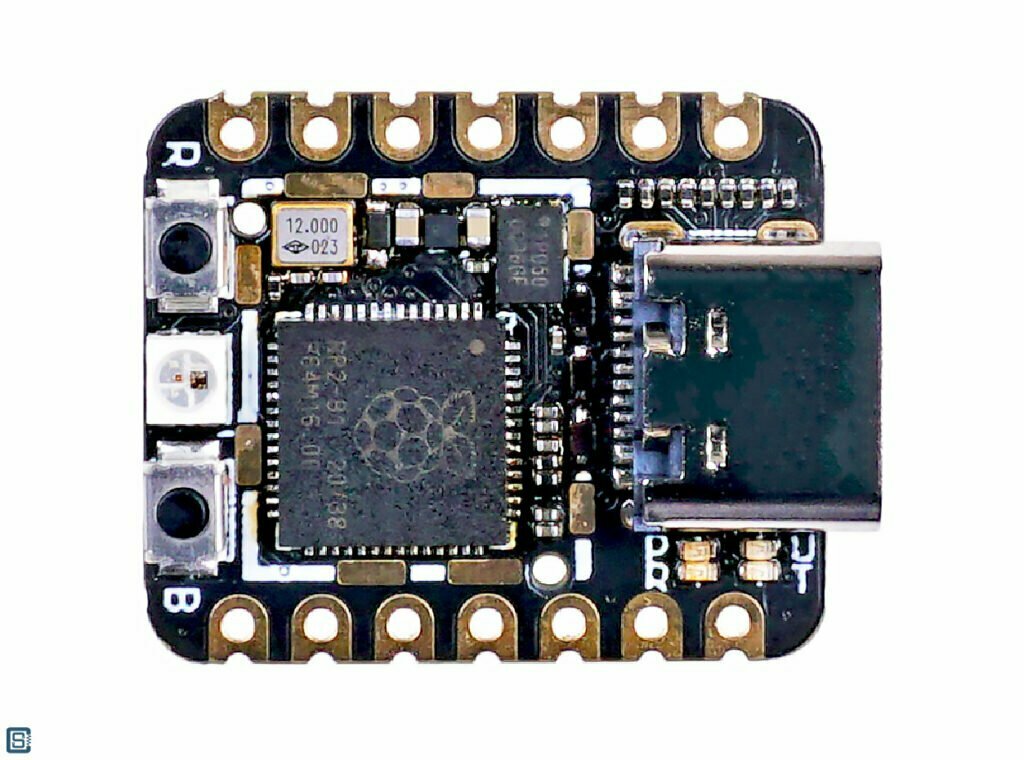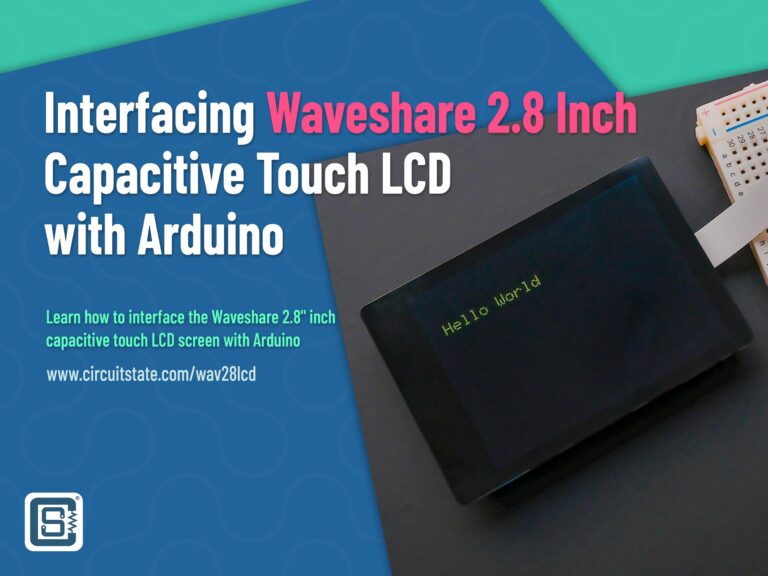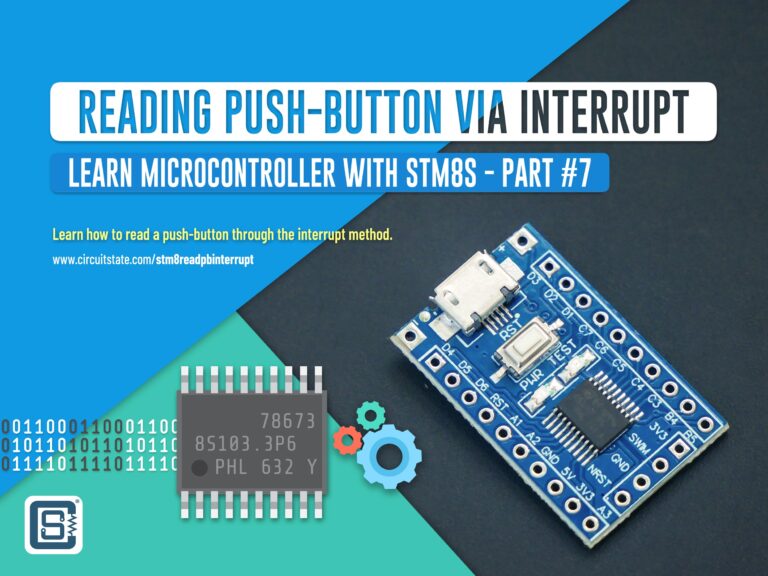XIAO RP2040 – Seeed Studio Adds New Development Board to Seeeduino Family
XIAO-RP2040 is a new microcontroller development board from Seeed Studio. The small form-factor board features a dual-core ARM Cortex M0+ CPU and supports Arduino, Micropython and CircuitPython. It only costs USD 5.4.
Shenzhen based open-source hardware company Seeed has announced the addition of a new member to their Seeeduino XIAO family of development boards. The new XIAO RP2040 uses Raspberry Pi’s latest RP2040 microcontroller. Seeeduino XIAO are small form-factor microcontroller boards with a single USB and a few breakout pins. The Chinese word “Xiao” means tiny. The other member of the family is the Arduino compatible Seeeduino XIAO, based on Microchip’s SAMD21 Cortex M0+ microcontroller. The XIAO-RP2040 only measures 20 x 17.5 x 3.5 mm and costs USD 5.4 at the Seeed store. Since it is based on RP2040, you can write your applications in both C/C++ and MicroPython using the official SDKs. If Arduino is your way of doing things, then there are two Arduino compatible cores available for RP2040 – an official one (same one as Arduino Nano RP2040 Connect) and an unofficial one by Earle F. Philhower, III.
Features of XIAO RP2040
- Powerful RP2040 MCU: Dual-core ARM Cortex M0+ processor, flexible clock running up to 133 MHz
- Rich on-chip resources: 264KB of SRAM, and 2MB of onboard Flash memory
- Flexible compatibility: Supports C/C++, Micropython, Arduino and CircuitPython
- Easy project operation: Breadboard-friendly & SMD design, no components on the back
- Small size: As small as a thumb (20 x 17.5mm) for wearable devices and small projects
- Multiple interfaces: 11 digital pins, 4 analog pins, 11 PWM Pins,1 I2C interface, 1 UART interface, 1 SPI interface, 1 SWD Bonding pad interface
- Broad compatibility: Pins compatible with Seeeduino XIAO and supports Seeeduino XIAO’s Expansion board
Specifications of XIAO RP2040
- CPU: RP2040 Dual-core ARM Cortex M0+ processor, flexible clock running up to 133 MHz
- Storage: 264KB of SRAM, and 2MB of on-board Flash memory
- I/O PINs: 11 digital pins, 4 analog pins, 11 PWM Pins
- Interface: 1 x I2C interface, 1 x UART interface, 1 x SPI interface, 1 x SWD Bonding pad interface
- Power supply and downloading interface: USB Type-C interface
- LEDs: 1 x user LED, 1 x power LED, two LEDs for serial port downloading, 1 RGB LED
- Buttons: 1 RESET button, 1 BOOT button
- Power Pads: For the battery power supply
- Software compatibility: Supports C/C++, Micropython, Arduino and CircuitPython
- FCC certified: Yes, with metal shielding cover
- PCB Layer Count: 5
- Dimensions: 20×17.5×3.5 mm
XIAO-RP2040 design is breadboard friendly. Means once you solder all the header pins, you can directly plug the module onto a breadboard easily. The castellated PCB can also be soldered directly onto another PCB. All XIAO boards sport USB Type-C ports for connection versatility, which is a highly welcomed feature. The USB is used to powering the board and programming the MCU. If you want to solder power supply wires directly, there are breakout pins and two pads for that on the back of the board. XIAO-RP2040 only breaks out 11 pins from the RP2040 microcontroller, which actually has 30 GPIOs. That’s the only compromise made for the small size. Of those 11 digital pins, 4 can be used as analog input pins and you get single I2C, UART and SPI interfaces. All IO pins support PWM. Unlike the Seeeduino XIAO board, XIAO-RP2040 has two push buttons for Reset and Boot functions, and a full color RGB LED.
The PCB for XIAO-RP2040 is designed in Altium and the design files including schematic, PCB layout, 3D models and BoM are available for download at Seeed wiki page. The board has a 5 layer stack-up (odd layer) which is assumed to be a decision to reduce cost.
If you remember from our previous post, the RP2040 does not have any flash memory integrated into the chip. Instead, external flash memories have to be used for program storage. XIAO-RP2040 uses GD25Q16CEIG 16Mb (2MB) SPI flash memory from Giga Devices. All the components on the board are shielded by a rectangular metal cover and the board is also FCC certified.
The small form-factor and rich features of the XIAO-RP2040 makes it ideal for application like wearable devices, battery powered portable applications, smart clothing, USB applications and a limitless others. XIAO-RP2040 is currently out of stock but available for pre-order. If you want to design an RP2040 development board yourself, there is a limited number of RP2040 chips available from various electronic component distributors. Check out our previous post to see where you can find them.
| Item | XIAO-RP2040 | Seeeduino XIAO |
|---|---|---|
| Processor | Dual-core ARM® Cortex® M0+ @133MHz | ARM® Cortex®-M0+ @48MHz |
| Flash | 2MB | 256KB |
| Onboard Button | Reset Button/ Boot Button | No Button(reset pad) |
| RGB LED | Full Color RGB LED | None |
| Analog Pin | 4 | 11 |
| PWM Pin | 11 | 10 |
| DAC Output | None | 1 |
| Programming language | Arduino/MicroPython/CircuitPython | Arduino |
Pinout Diagram
Schematic
Links
- XIAO-RP2040 – Seeed Studio Store
- Seeeduino XIAO – Seeed Studio Store
- RP2040 Datasheet – PDF
- XIAO RP2040 Schematic – ZIP
- XIAO-RP2040 Tutorial
- GD25Q16CEIG SPI Flash Memory Datasheet – PDF
Short Link
- Sort URL to this page – https://circuitstate.com/xiaorp2040









